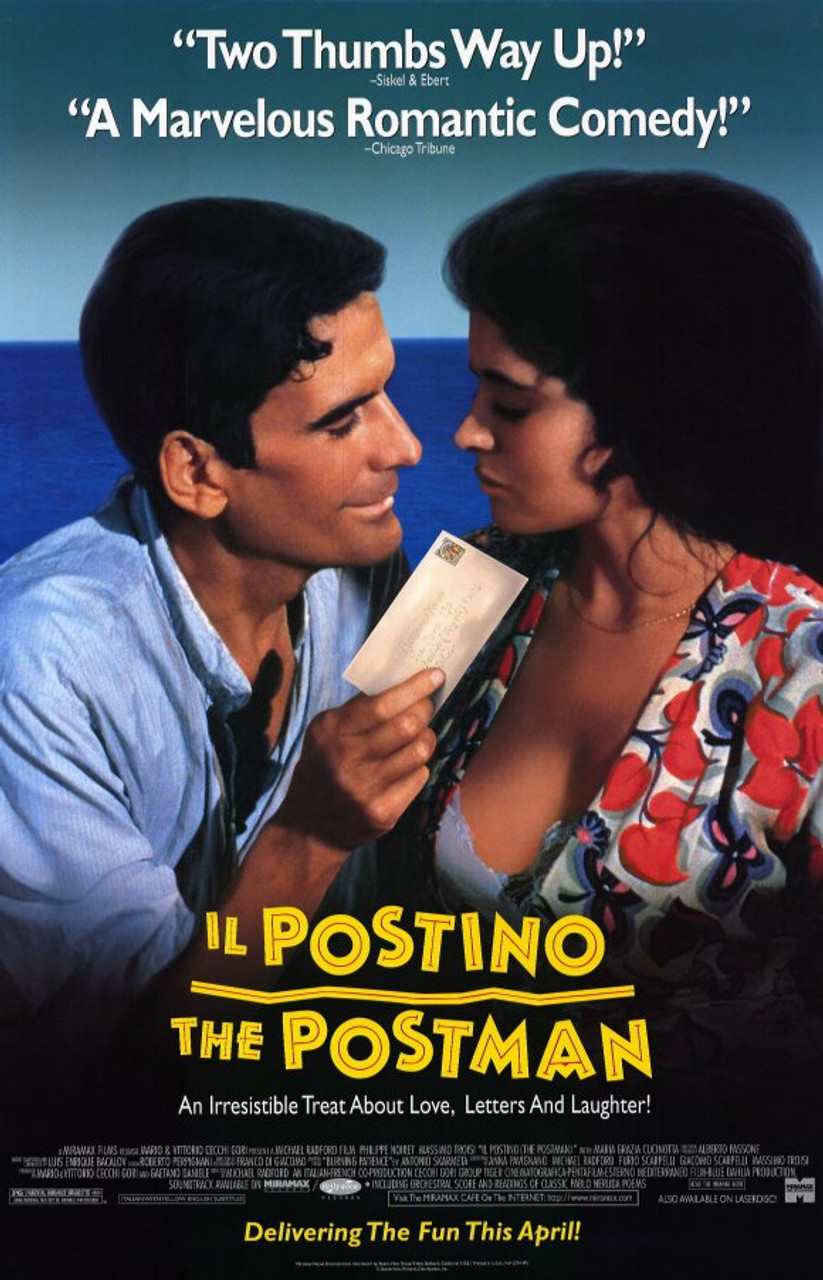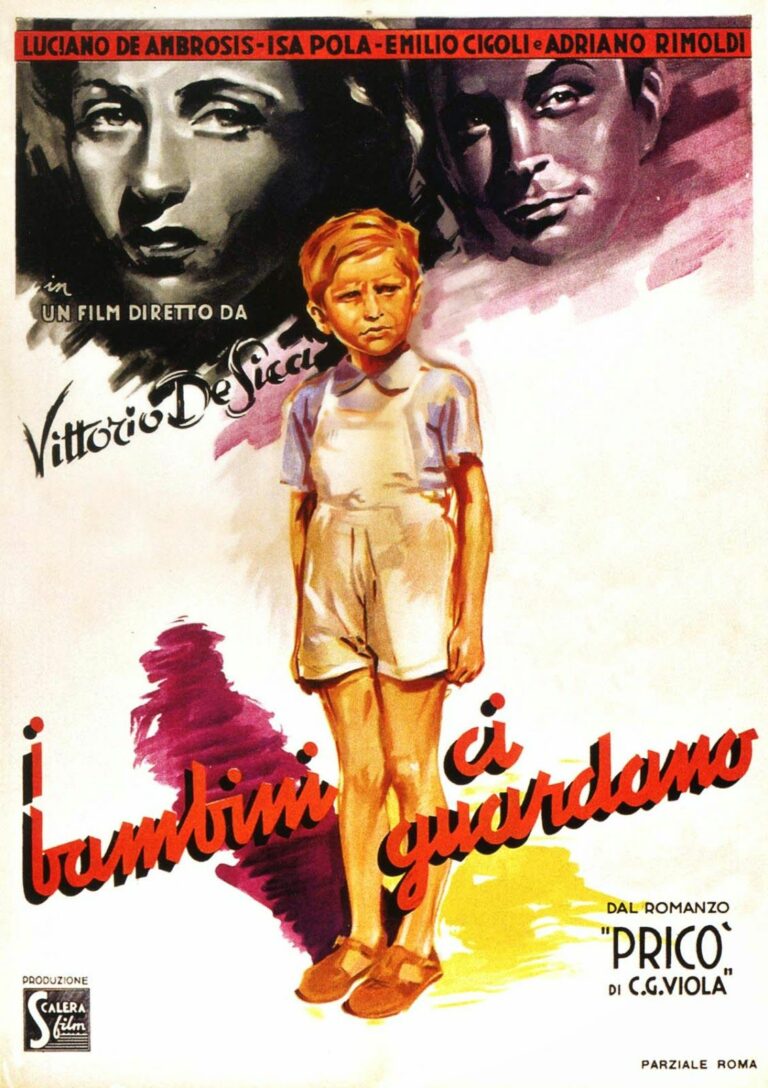
The Postman (Il Postino) is a masterpiece of Italian cinema that blends the beauty of poetry with the simplicity of rural life, painting a poignant picture of human emotions, relationships, and self-discovery. Released in 1994 and directed by Michael Radford, the film continues to captivate audiences worldwide with its lyrical storytelling and heartfelt performances. This article explores the film’s narrative, themes, characters, and lasting legacy, highlighting why Il Postino remains an enduring classic.
Plot Overview
Set in the 1950s on a picturesque Italian island, Il Postino tells the story of Mario Ruoppolo (played by Massimo Troisi), a humble fisherman who becomes a postman. His job is to deliver mail to the island’s most famous resident, exiled Chilean poet Pablo Neruda (portrayed by Philippe Noiret).
Mario, illiterate and inexperienced in the ways of the world, is instantly drawn to Neruda’s charisma and literary brilliance. As the two develop an unlikely friendship, Mario learns to appreciate the power of poetry and its ability to express complex emotions. This newfound love for poetry fuels Mario’s desire to win the heart of Beatrice Russo (Maria Grazia Cucinotta), a beautiful and spirited woman from the village.
What follows is a touching journey of self-discovery, as Mario uses poetry not only to woo Beatrice but also to find his own voice and purpose in life.
Themes Explored in Il Postino
1. The Transformative Power of Art and Poetry
At its core, Il Postino is a celebration of art’s ability to transform ordinary lives. Neruda’s poetry inspires Mario to see the world through a new lens, encouraging him to embrace his dreams and articulate his feelings. This theme resonates universally, emphasizing how art can awaken hidden talents and passions within us.
2. Love and Connection
The film portrays love in its purest form through Mario’s earnest attempts to win Beatrice’s affection. His use of metaphors and poetic expressions illustrates the depth of his feelings, showcasing how language and creativity can bridge gaps and forge meaningful connections.
3. Friendship and Mentorship
The relationship between Mario and Neruda is one of mutual respect and learning. While Mario gains wisdom and confidence from Neruda, the poet rediscovers the simplicity and purity of life through Mario’s perspective. This dynamic adds a rich emotional layer to the film, highlighting the value of mentorship.
4. Political and Social Undercurrents
Set against the backdrop of political turmoil in Chile, the film subtly incorporates themes of exile, freedom, and justice. Neruda’s exile serves as a reminder of the struggles faced by intellectuals and artists under oppressive regimes, adding depth to the narrative.
Performances and Cinematic Brilliance
The heart and soul of Il Postino lie in its performances. Massimo Troisi delivers a deeply moving portrayal of Mario, blending innocence with quiet determination. Remarkably, Troisi postponed urgent heart surgery to complete filming, leaving behind a performance that remains his legacy; he tragically passed away the day after the shoot concluded. Philippe Noiret, as Neruda, exudes wisdom and grace, perfectly embodying the larger-than-life persona of the poet.
The film’s cinematography captures the serene beauty of the Italian coastline, creating a visually stunning backdrop that enhances the story’s emotional impact. Coupled with Luis Bacalov’s hauntingly beautiful score, the film achieves an almost meditative quality that lingers in the viewer’s mind long after the credits roll.
Cultural and Literary Significance
Il Postino draws heavily from the works of Pablo Neruda, one of the 20th century’s greatest poets. By incorporating Neruda’s verses into the narrative, the film introduces viewers to his poetry’s profound beauty and enduring relevance. For many, Il Postino serves as an entry point into the world of Neruda’s literature, sparking an appreciation for his eloquent exploration of love, nature, and human struggle.
Awards and Accolades
The film received widespread critical acclaim and numerous awards, including an Academy Award for Best Original Score. It was also nominated for four other Oscars, including Best Picture, a rare achievement for a non-English language film. The accolades are a testament to the film’s universal appeal and its ability to transcend cultural boundaries.
Legacy and Enduring Appeal
Even decades after its release, Il Postino continues to resonate with audiences worldwide. Its timeless themes, coupled with its intimate portrayal of human relationships, make it a film that speaks to people of all ages and backgrounds.
The film’s impact extends beyond the cinematic realm, inspiring discussions about the role of art in society, the importance of personal expression, and the enduring power of human connection.
Conclusion
The Postman (Il Postino) is much more than a love story; it is a profound exploration of life’s beauty and fragility. Through its poetic narrative, breathtaking visuals, and unforgettable performances, the film leaves an indelible mark on its viewers, reminding us of the transformative power of art, love, and friendship.
For those who seek a film that is as intellectually enriching as it is emotionally resonant, Il Postino remains a must-watch, a timeless classic that celebrates the human spirit in all its complexity.





